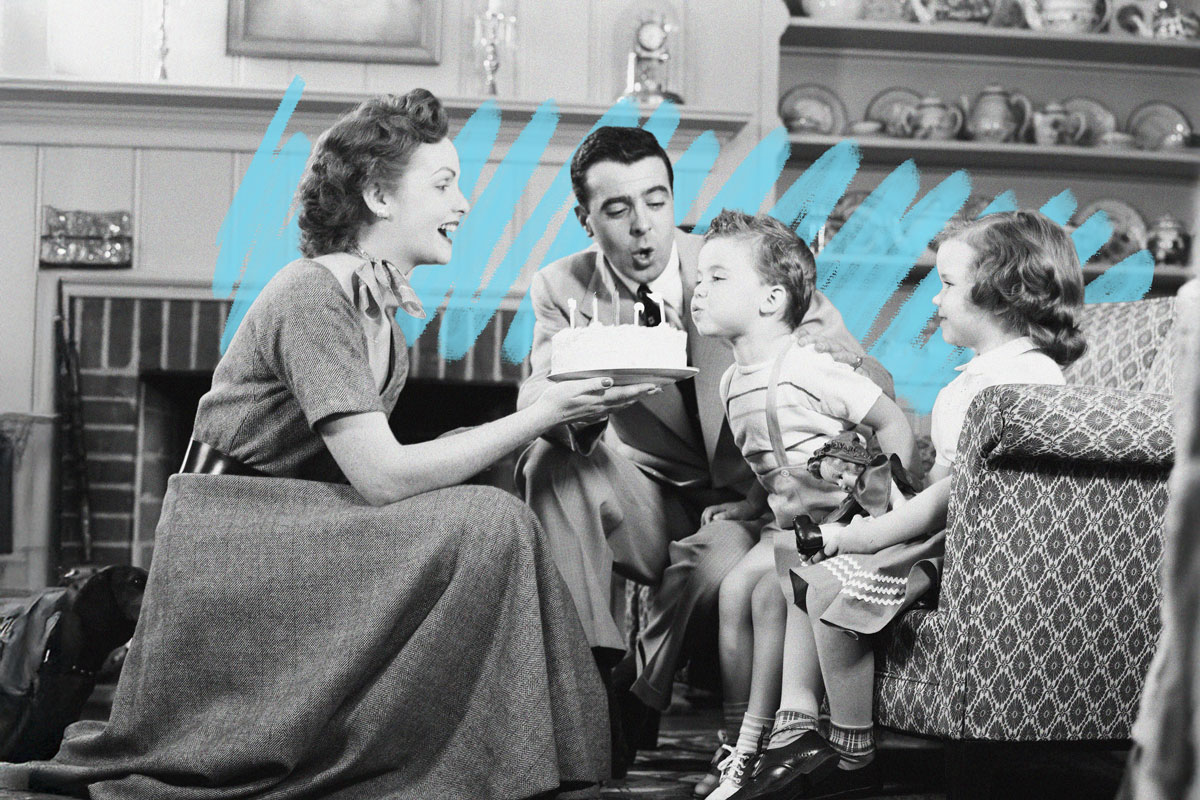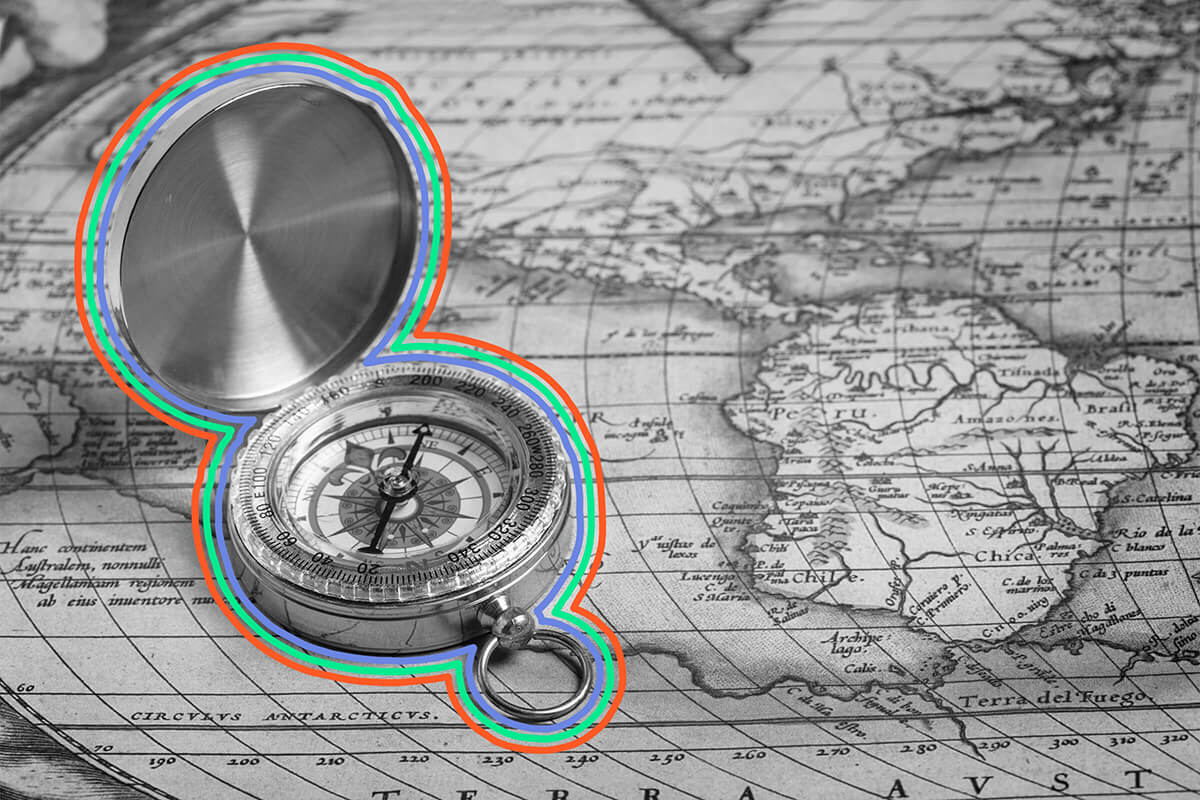Birthdays weren't always celebrated because few people even knew their birth date. |
World History |
 |
| |
Ancient societies sometimes recorded births within noble or wealthy families for lineage or inheritance purposes, but systematic recordkeeping was rare. It wasn't until the 1530s in England that churches were mandated under King Henry VIII to document baptisms. Similar practices appeared in colonial America, though coverage varied widely by region and denomination. In Massachusetts, for example, Puritans kept birth and baptismal records as early as the 1600s, while in many Southern states, records remained patchy into the 20th century. | |
For centuries, tracking your age was inconsistent, as was celebrating it. Ancient feasts marked special occasions for elite members of society (sometimes even with cake), but it wasn't until the mid-19th century that birthdays were commonly commemorated with parties, especially for children. With the rise of industrialization, strict work schedules, pay periods, and age-based job requirements meant tracking calendars closely, making people more aware of their age and birthday. In the early 1900s, state-level birth registration became more widespread in America: By 1933, all U.S. states were participating in official birth recordkeeping, and by the mid-1940s, most Americans had birth certificates. |
 |
Something Big Just Hit the Bike World |
E-bikes are having a moment — and you don't want to miss it. Upway has top models from Aventon, Specialized, and Cannondale for up to 60% off. They're powerful, reliable, and ridiculously fun to ride. Every bike is certified, delivered in a week, and comes with a one-year warranty. |
*This content is brought to you by our sponsor which helps keep History Facts free. |
 | |||||||||
By the Numbers | |||||||||
| |||||||||
| |||||||||
 | |||||||||
| |||||||||
Some countries have celebrated everyone's birthday on the same day. | |||||||||
A birthday is typically a time to celebrate an individual, but in some East Asian countries, that wasn't always the case. In Japan, people instead followed a custom called kazoedoshi or "counted years." People were considered 1 year old at birth, and then everyone aged up together on New Year's Day on January 1. In South Korea, there were several systems. "Year age" counted a newborn as zero at birth, while "Korean age" counted a baby as 1 year old at birth; both systems had everyone age up together on New Year's Day, meaning that children born in late December could turn 1 or even 2 years old just a week later. Japan officially ended kazoedoshi in 1950, while South Korea has used the international age-counting method for most legal and governmental purposes since the 1960s, even though it wasn't formally adopted nationwide until 2023. | |||||||||
 | |||
Recommended Reading | |||
 | |||
World History | |||
| |||
 | |||
Science & Industry | |||
| |||
| + Load more | |||
| |||||||||||||||||||||||||||||||||||||||||||||||||||||||
| |||||||||
| 325 North LaSalle Street, Suite 200, Chicago, IL 60654 | |||||||||








0 komentar:
Posting Komentar